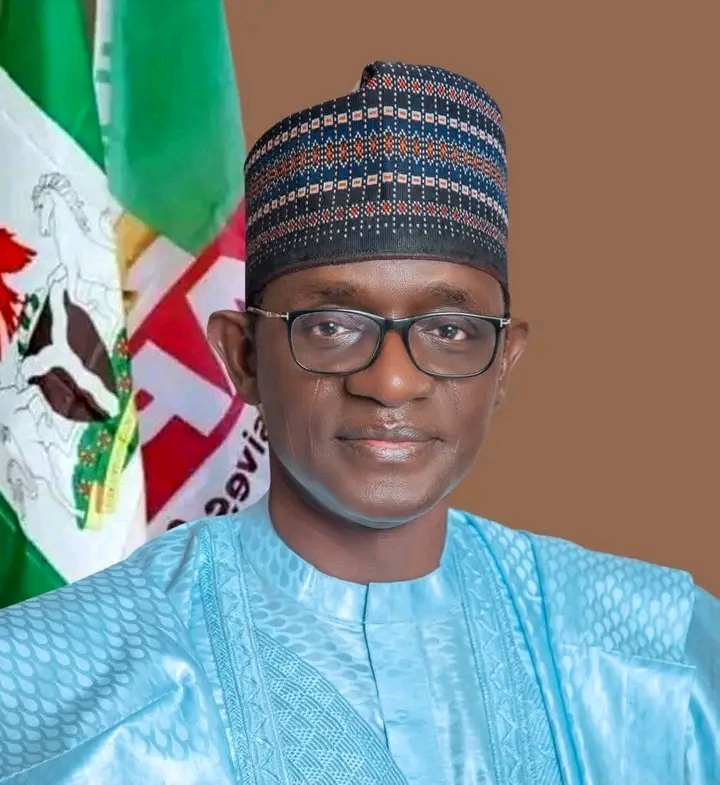
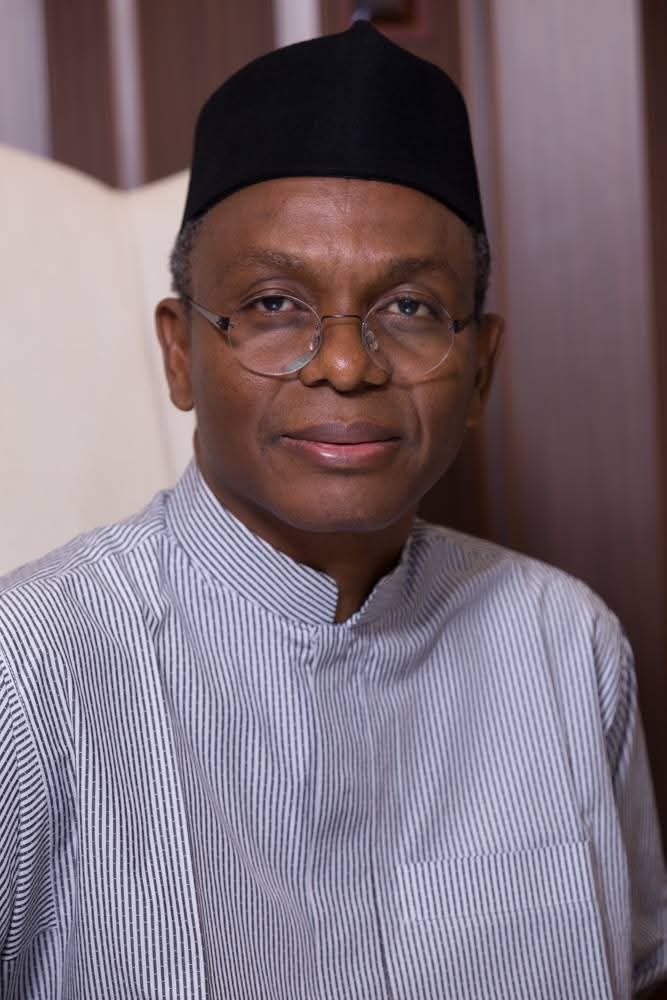
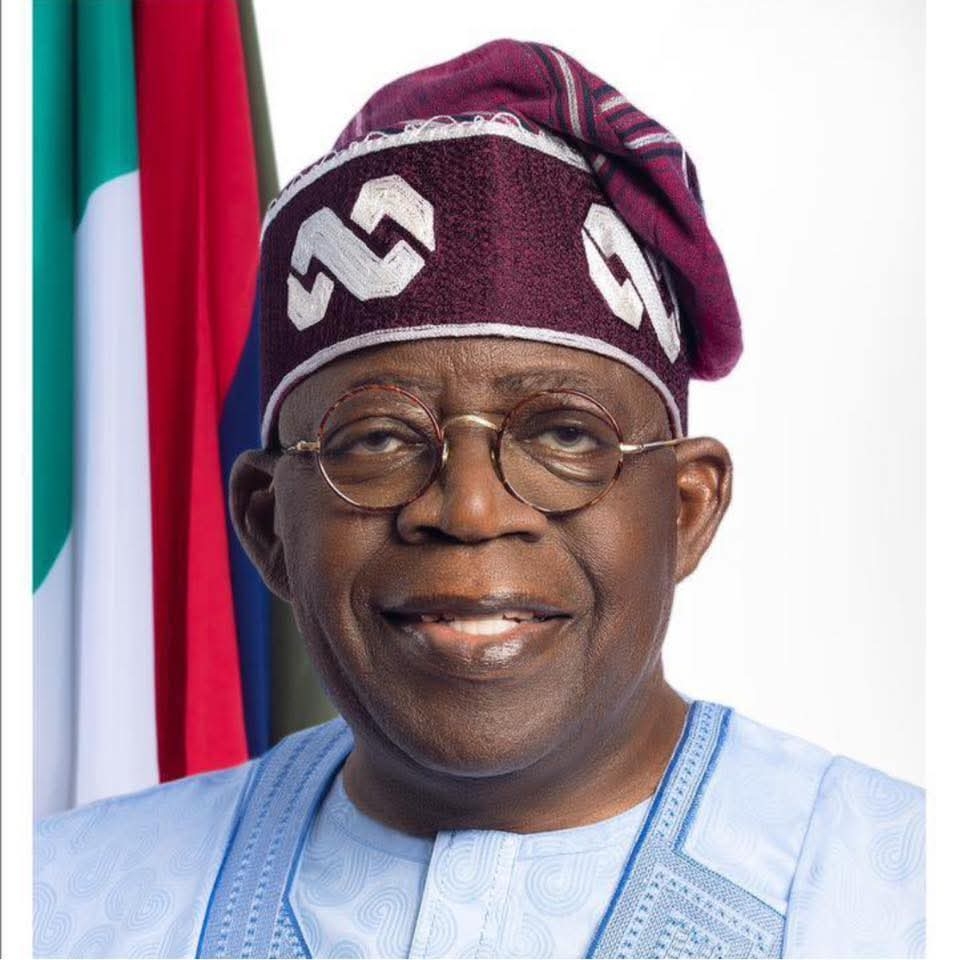
Opinion: The Hidden Cost of Cheap Food, Tinubu’s Policies, and the Struggle of Nigerian Farmers __By: Mal. Ibrahim M. Nura
Potiskum LGA Eyes@muhammadnuraibrahim848393
27 days ago
Former Governor of Kaduna State, Malam Nasir El-Rufai, is known for speaking his mind without hiding the truth, even when it causes controversy. Although some of his statements have drawn criticism, there is one statement he made that resonates with what farmers are facing today:
Under President Bola Ahmed Tinubu, food prices in the market have been reduced, but the high cost of crops and their cultivation has left farmers in a difficult situation.
The Tinubu administration has taken steps to curb the rise in food prices. Import duties on staples such as rice, wheat, and maize have been suspended for a while, and grains have been released from government warehouses, which has brought some relief to the people in the market.
But on the other hand, this process has put farmers in a difficult situation. Since the removal of fuel subsidies and the freeing of the Naira, the cost of fertilizers, seeds, pesticides, and transport costs has more than tripled. Farmers now spend a lot of money on planting, but are forced to sell their crops at low prices because the market is flooded with imported and government-supplied products.
Former President Muhammadu Buhari, despite his mistakes, left a legacy of empowering farmers. The Anchor Borrowers scheme, fertilizer subsidies, and import restrictions gave farmers protection and confidence. Crop prices increased, farmers made profits, and domestic and foreign investment began to flow into the agricultural sector.
President Tinubu wants to reform the economy through open markets. But without protection for farmers, this process could be a threat. Food security today will not benefit the country if tomorrow farmers stop farming because they are not making money. If this trend continues, the country will be plunged into the scourge of food shortages and import dependence.
The government needs to restore subsidies, especially on fertilizers, seeds, and fuel; stabilize the Naira to reduce the cost of imports; ensure that subsidies reach genuine farmers, not political ones; and protect farmers from competition and cheap imports.
El-Rufai’s words may be harsh, but on this point they are true. There can be no sustainable agriculture if farmers are losing money while the public benefits from temporary relief. Buhari has provided protection and support to farmers; Tinubu should find a balance between affordable food for the public and sustainable farming for farmers.
Agriculture should not be just about cheap food—it should be a source of dignity and livelihood for those who grow it.
Mal. Ibrahim M. Nura
Executive Director
Yobe State Youth Concern For Good Leadership.













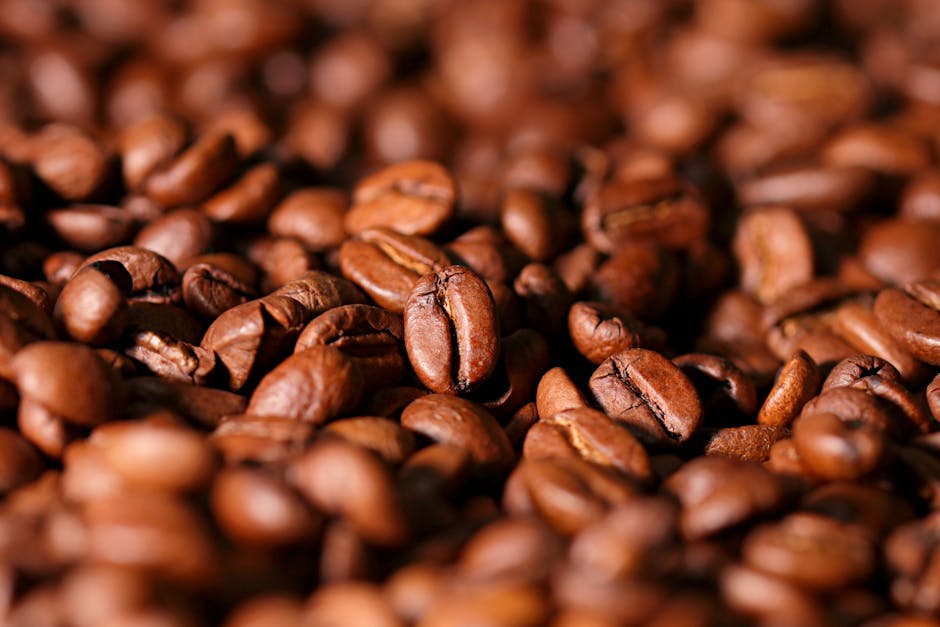
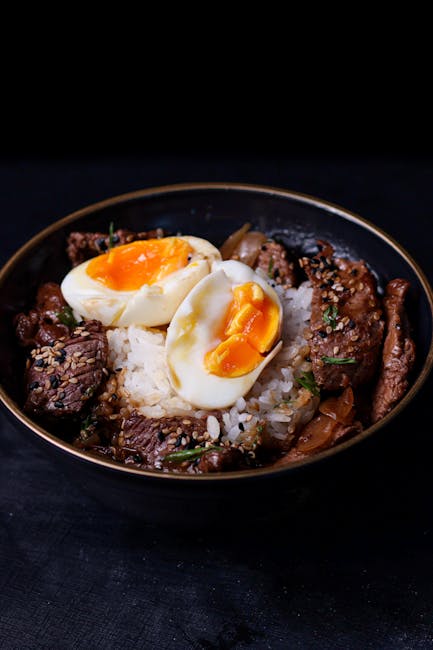












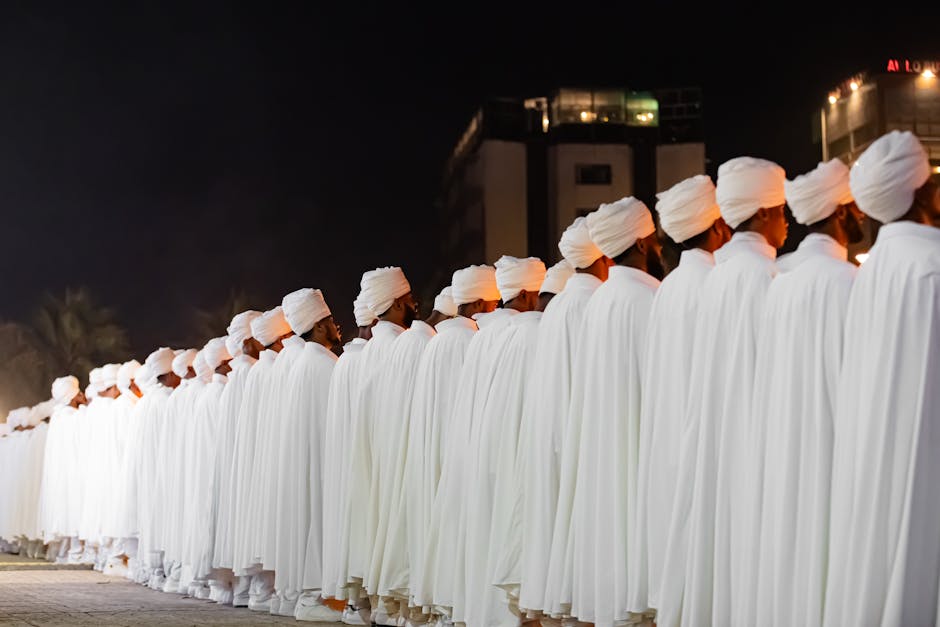


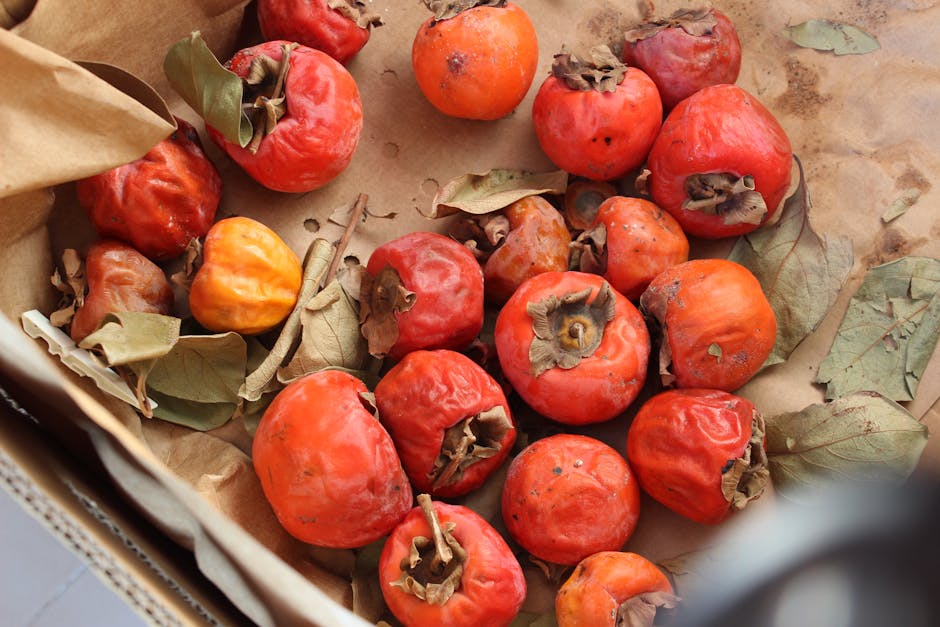


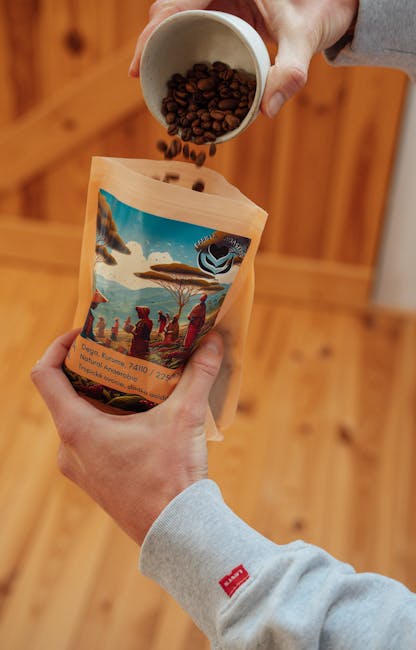


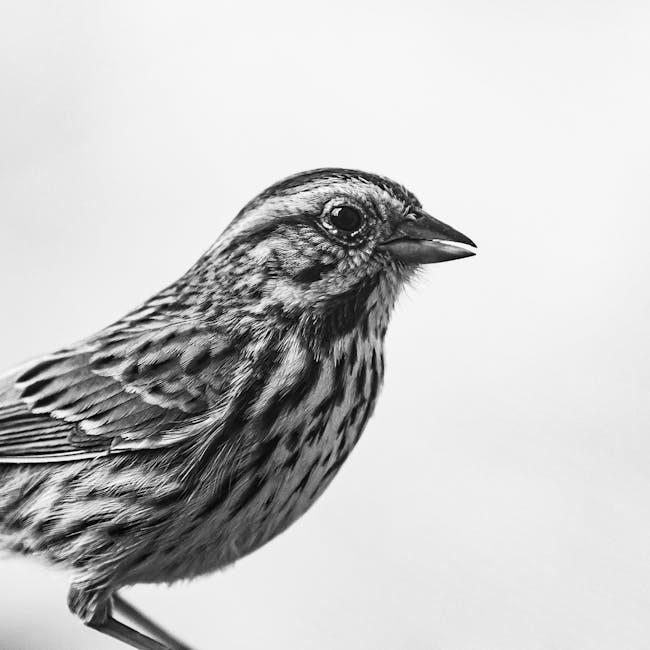
15 days ago

13 days ago

1 day ago
